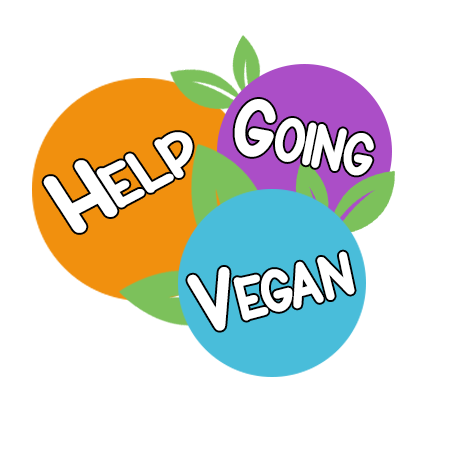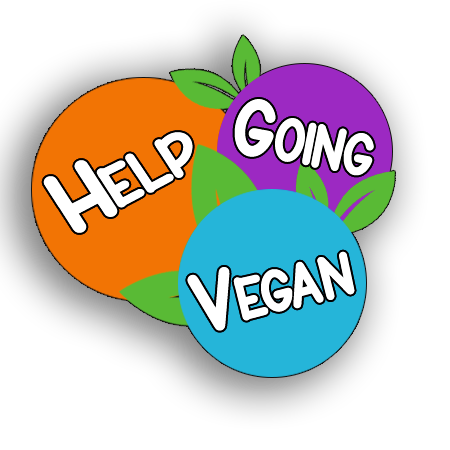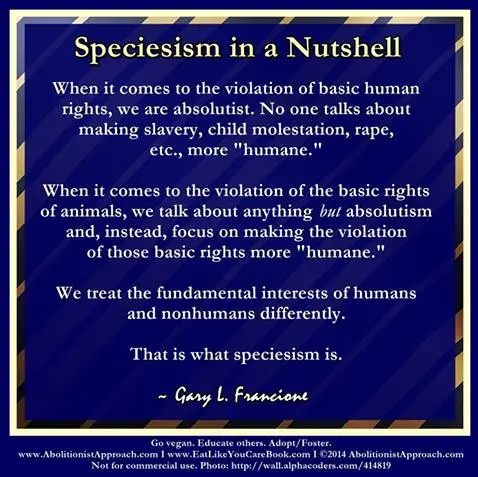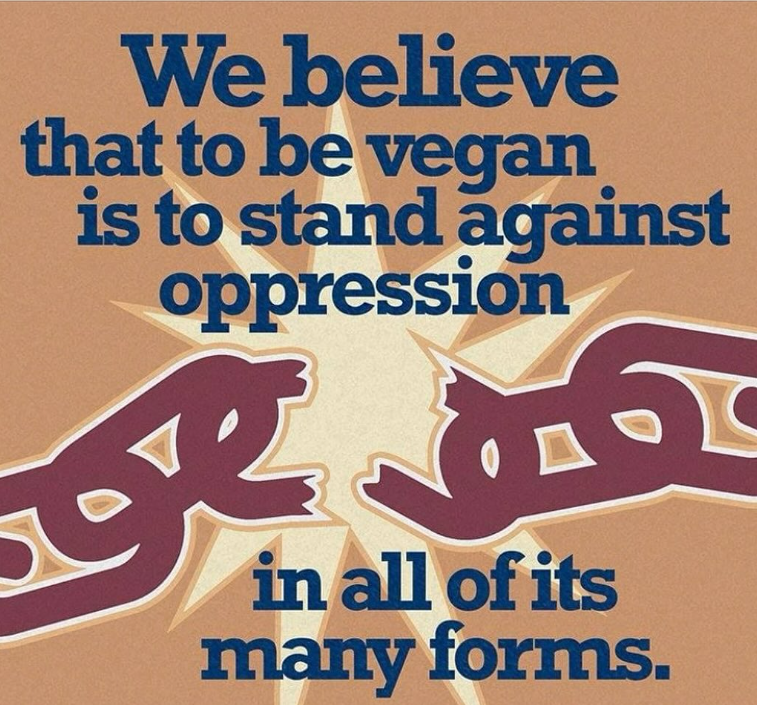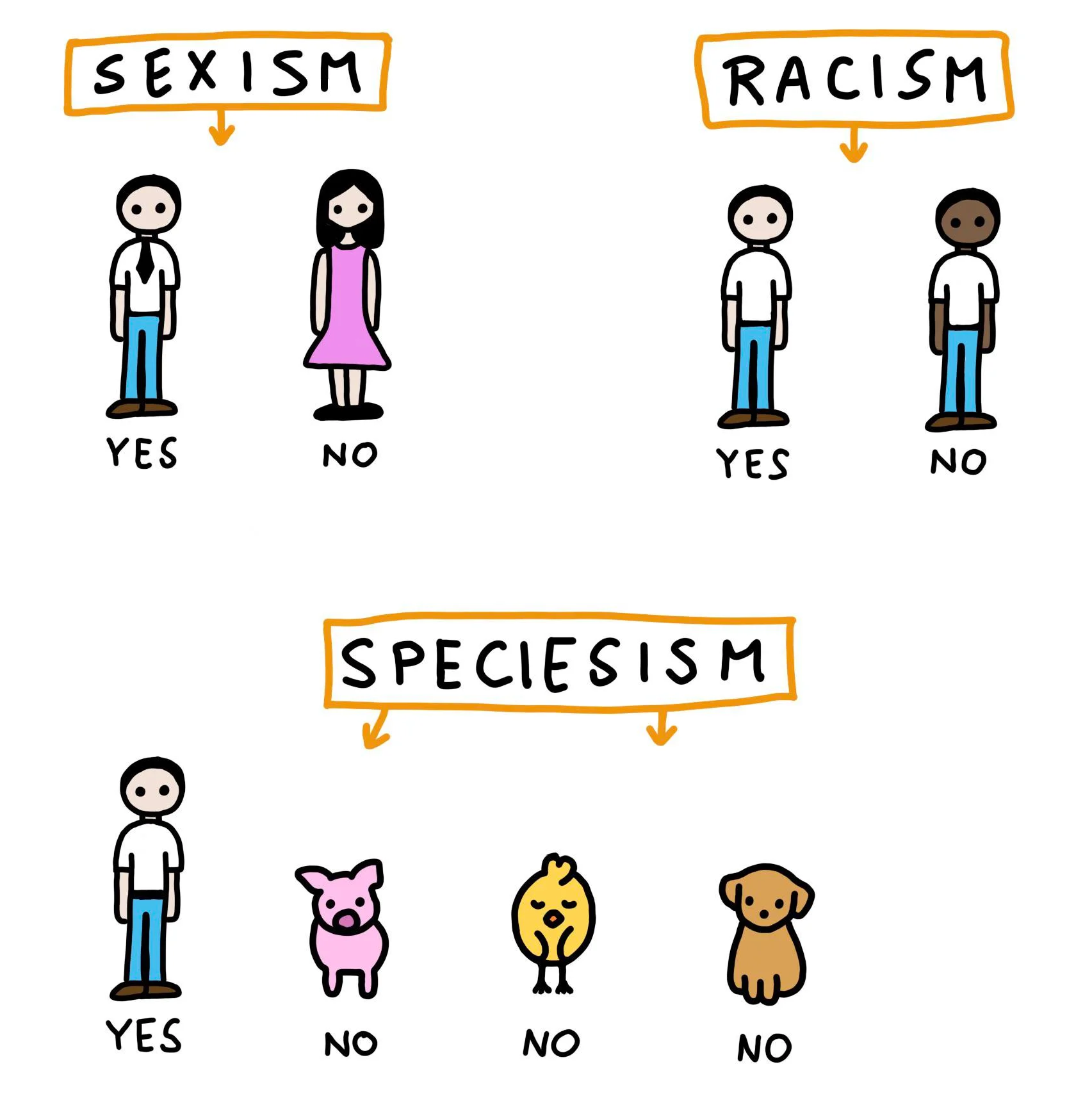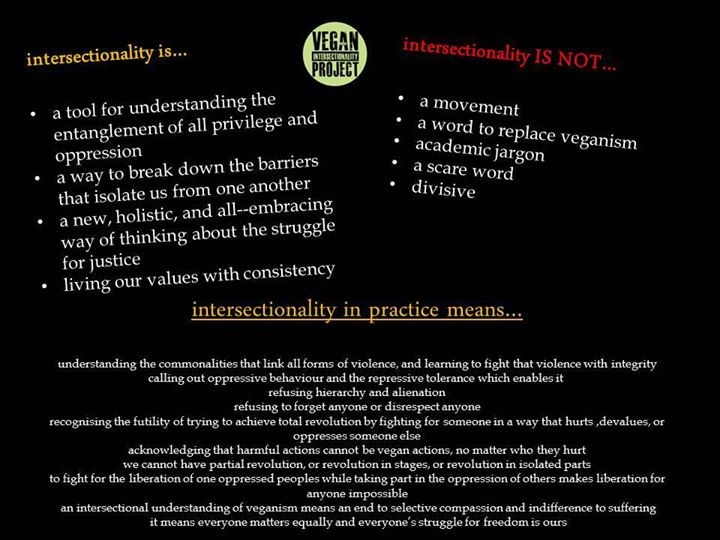What is intersectionality?
Intersectionality refers to the interconnected nature of all forms of oppression—racism, sexism, classism, ableism, speciesism, and more. These systems are not isolated, but mutually reinforcing, forming a unified structure of oppression in society.
For example, a woman who is also gay does not experience sexism and homophobia as separate forces, but as a compounded form of discrimination that is more than the sum of its parts.
The strength of intersectionality lies in its ability to reveal both how oppression and privilege overlap and how various injustices share common roots—encouraging solidarity across different social movements.
The term was coined by Kimberlé Crenshaw in her 1989 essay “Demarginalizing the Intersection of Race and Sex: A Black Feminist Critique of Antidiscrimination Doctrine, Feminist Theory and Antiracist Politics.”
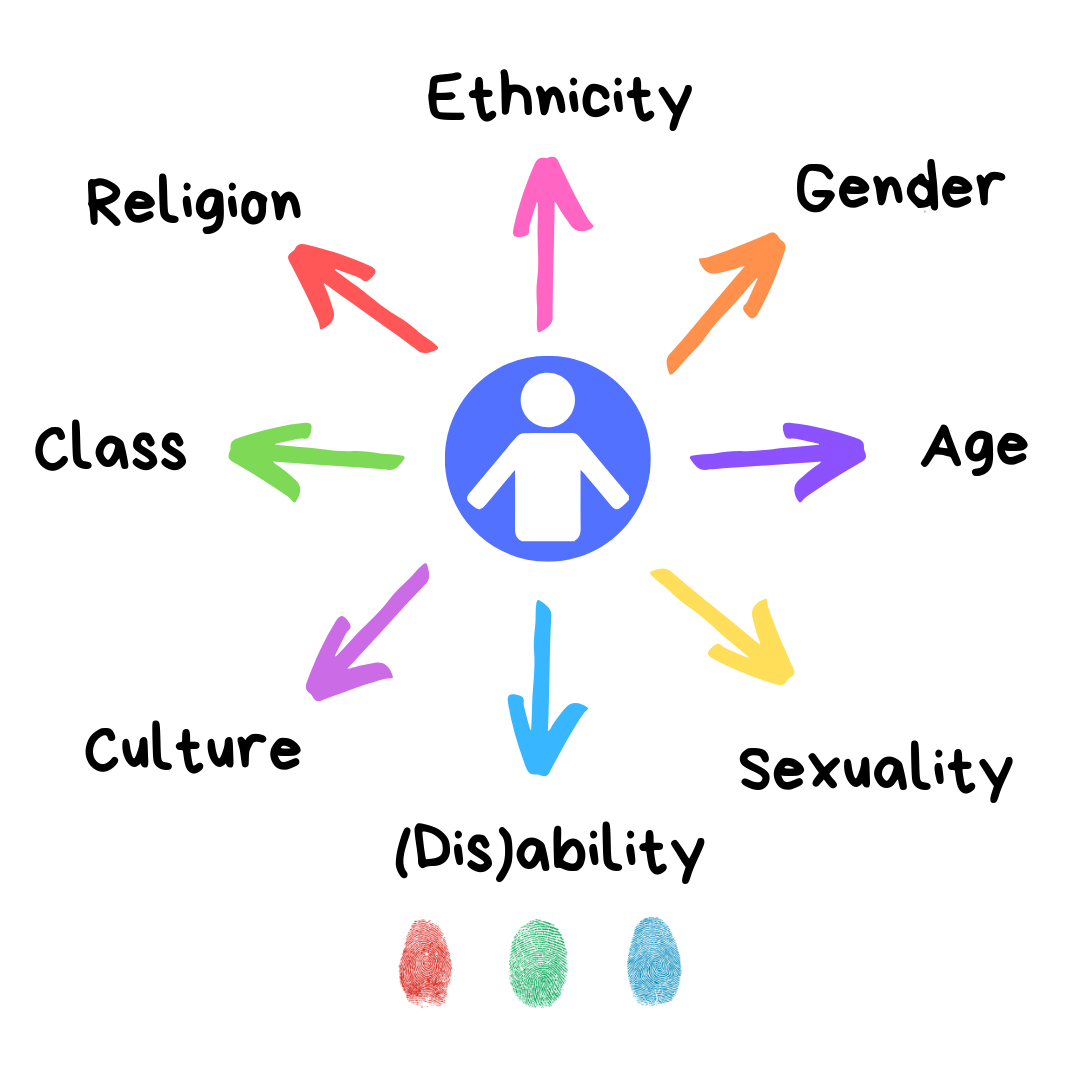
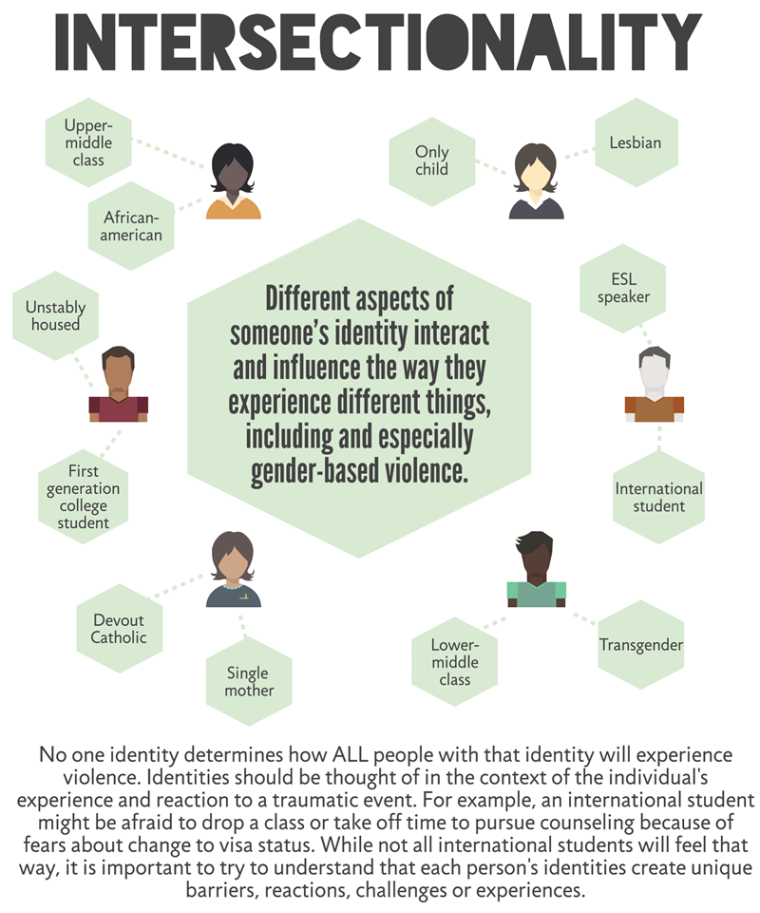
Why do we as vegans need to embrace intersectionality?
Intersectionality recognizes that all forms of oppression—racism, sexism, classism, ableism, speciesism, and others—are interconnected and mutually reinforcing. These are not isolated issues but parts of a broader system of domination and control.
A woman who is also gay, for example, doesn’t experience sexism and homophobia separately, but as a compounded form of oppression that amplifies harm through their intersection.
Understanding intersectionality helps us see the overlap of oppression and privilege, revealing shared roots across different injustices. This insight fosters solidarity and collective resistance—not just within human struggles, but extending to nonhuman animals as well.
As vegans, embracing intersectionality means recognizing that the fight against speciesism is deeply linked to other struggles for justice. Only by challenging all forms of oppression can we move toward true liberation.
The term intersectionality was coined by Kimberlé Crenshaw in her 1989 essay, “Demarginalizing the Intersection of Race and Sex: A Black Feminist Critique of Antidiscrimination Doctrine, Feminist Theory and Antiracist Politics.”
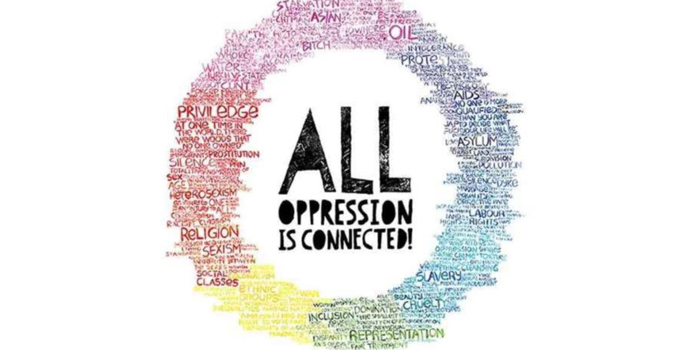
Intersectional veganism means that we do not just seek to end animal agriculture as it takes the lives of billions of animals every year. It means that we also seek to advocate for farm workers that grow our plant-based foods in conditions that are horrendous and anything but “cruelty free”. It means that environmental and food injustice related to animal agriculture is accounted for and actively sought to be dismantled.
Intersectional Harms caused by Animal Use
Many different harms emanate from a non-vegan life built on the routine use and exploitation of nonhuman animals. This way of living—normalized by tradition, convenience, and profit—sustains a system that inflicts widespread damage far beyond the animals directly harmed.
These harms include:
• World Hunger:
A vast amount of crops—such as soy, corn, and grains—are grown not to feed people, but to fatten animals in industrial farms. This inefficient use of land and resources contributes directly to global food insecurity. Millions of people go hungry while we divert edible plant foods to maintain animal agriculture, a system that benefits the affluent at the expense of the poor.
• Human Inequality and Worker Exploitation:
Animal industries thrive on the exploitation of marginalized human communities. Slaughterhouse and farm workers, often migrants or economically vulnerable individuals, endure dangerous, traumatic, and dehumanizing conditions for minimal pay. These systems rely on their disposability, keeping them invisible and unprotected.
• Human Illness and Premature Death:
Animal-based diets are linked to some of the leading causes of death globally—heart disease, certain cancers, type 2 diabetes, and more. At the same time, zoonotic diseases (those that jump from animals to humans), antibiotic resistance, and pandemics are often rooted in the exploitation and confinement of animals. The human toll—both in terms of health and lives—is staggering.
• Environmental Destruction & Climate Change:
Animal agriculture is a leading driver of deforestation, water pollution, ocean dead zones, species extinction, and greenhouse gas emissions. The destruction of ecosystems for grazing land or feed crops accelerates climate breakdown and devastates biodiversity.
By what may seem like a happy coincidence—but is really a natural outcome of choosing not to harm others—veganism provides a pathway to address all these intersectional crises. When someone goes vegan for ethical reasons—to reject the use and commodification of sentient beings—they also withdraw their support from the systems that sustain these broader injustices.
At the heart of it, the same mindset that allows us to disregard the interests of animals—because they are different from us or deemed less important—is the same mindset that enables racism, sexism, classism, and other human oppressions. When we draw lines between “us” and “them,” we create space for cruelty, domination, and indifference.
To challenge speciesism is not to isolate the animal question—it is to confront a foundational logic of oppression that shows up everywhere. Embracing veganism as an ethical stance is, therefore, not only a moral imperative for animals—it is a powerful act of solidarity with all beings subjected to injustice.
